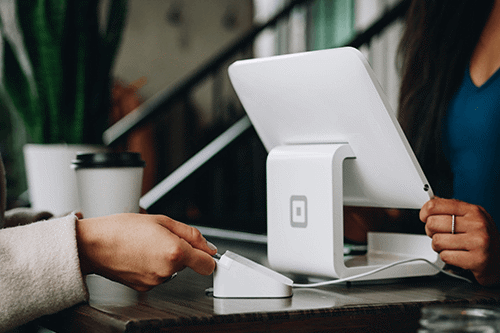
Getting a commercial mortgage can be a tricky process, but it also offers you a chance to secure funding to start or grow your business.
To put yourself in the best position, there are some considerations you should take into account.
In this article, we will guide you through the 5 things you should watch out for when getting a commercial mortgage, so that you are prepared for the next step in your business venture.
1. Interest rates
The interest rate you get will impact the amount you pay every month and over the course of the loan. The type you receive will vary depending on many things, such as the size of the loan, your credit worthiness and the lender’s criteria.
If you get a variable interest rate your monthly payments may fluctuate. This may affect the overall total of your loan and your monthly repayments. If interest rates increase, your monthly payments may go up, which could have a knock-on effect on your businesses financial stability. Due to this, it is important to have an idea of how you will deal with any potential rate surges.
One thing you could do to avoid this is entering into a fixed-rate mortgage. With a fixed interest rate, you won’t feel the effect of fluctuating rates, so the amount you pay will be consistent over the term you have agreed on. This can be beneficial when interest rates go up, but can have its pitfalls when rates drop. In this case, you might risk missing out on more favourable rates if you are locked into a fixed-rate.
You should consider the market conditions and the different options available to you when shopping around. Different lenders will be able to offer you different rates, so it’s important to compare your options.
You might want to consider enlisting the help of a mortgage broker, as they will have access to a wide range of lenders.
2. Fees
When applying for a commercial mortgage, you may find there are a few fees you need to pay. It is important to know about them so that you can budget for them.
An arrangement fee is what the lender might charge you for setting up your mortgage. These fees can be flexible, and may vary between lenders. Sometimes, you may have the option to pay the fee upfront, or add it onto the loan.
Additionally, there are valuation fees, which cover the survey costs for the property. There may also be legal fees involved, usually from solicitors or conveyancers, to pay for the legal work associated with preparing the mortgage. These fees can vary depending on who you use and your own personal circumstances.
If you used a broker to help you find a product, you may also have to pay a fee for the work they completed. This will vary depending on what broker you go with, so it's important to research your options carefully before you commit.
3. Loan term
The loan term may also influence your finances and your business. If you choose a shorter repayment term you will incur higher monthly payments, but you will pay the loan off quicker.
Whereas, if you choose a longer repayment term, you will pay less each month, but may end up paying more interest over time.
Having a business plan, where you consider your long term goals and cash-flow, will be important when deciding what type of loan term to get. It may be worth talking to a financial advisor or mortgage broker to help you see what could be affordable for you.
4. Security
Lenders may require some form of security, which can be repossessed if you consistently failed to repay your loan. The security could be the property you are buying, or one you already own. By doing this, it minimises the risk to the lender, which could increase your chance of acceptance.
You should make sure you are comfortable with these circumstances, and understand the risks if you are unable to pay.
5. Prepayment penalties
If you want to repay your loan earlier than agreed, you may face a fee. These are often referred to as early repayment charges.
These fees can be high, so it is important that you understand the conditions of your loan and any penalties you may face before agreeing to it.
Not all lenders charge a fee if you want to repay earlier. So if you think you may end up in this position, it could be worth looking for a provider who offers products without these fees.
Summary
Getting a commercial mortgage is a huge financial decision, so making sure that you are aware of the contract you are entering into is vital. If you bear in mind the fees and risks associated with getting one, you will be in a much better position.
Any property used as security, which may include your home, may be repossessed if you do not keep up repayments on your mortgage.




